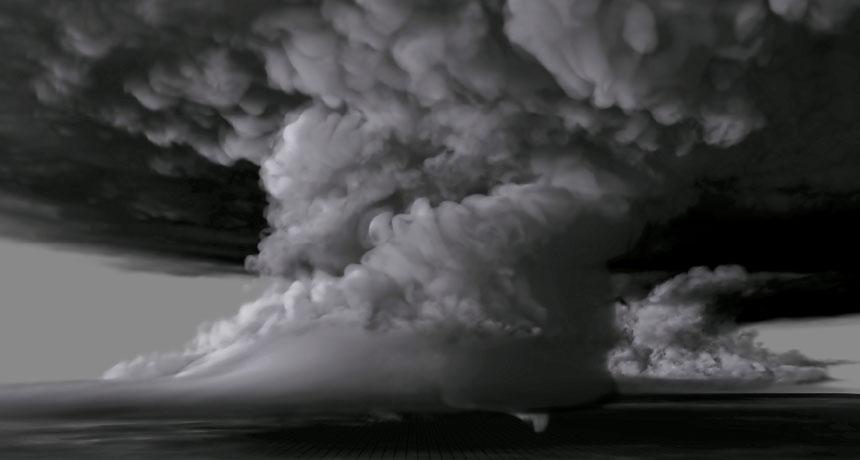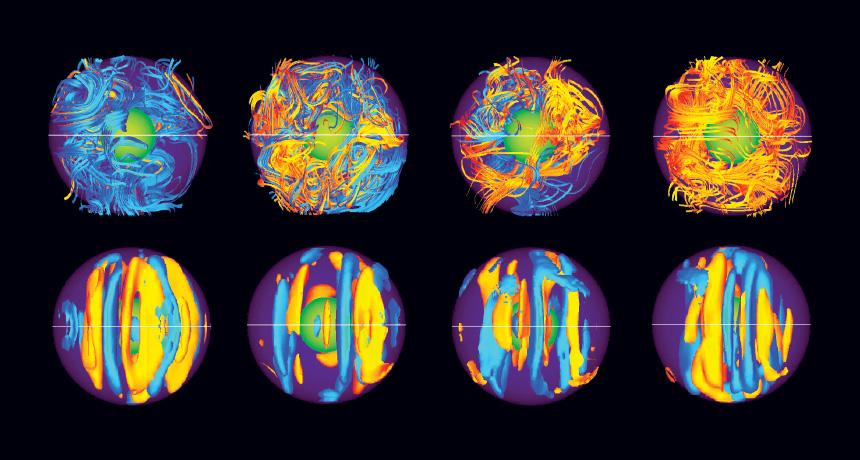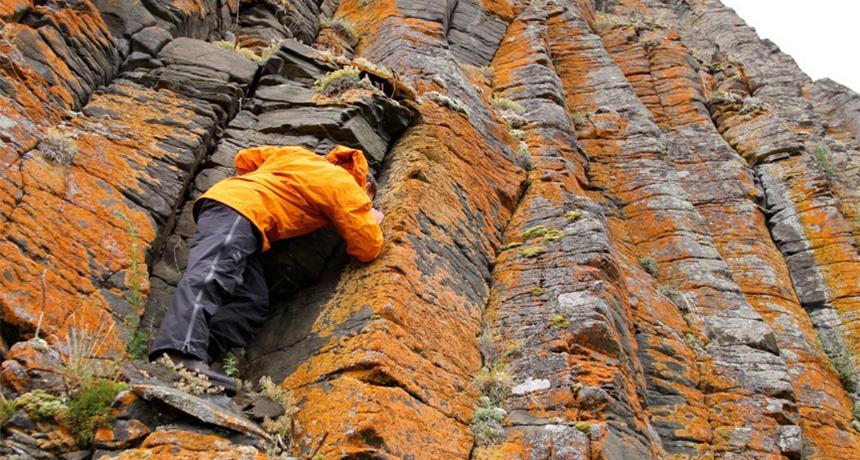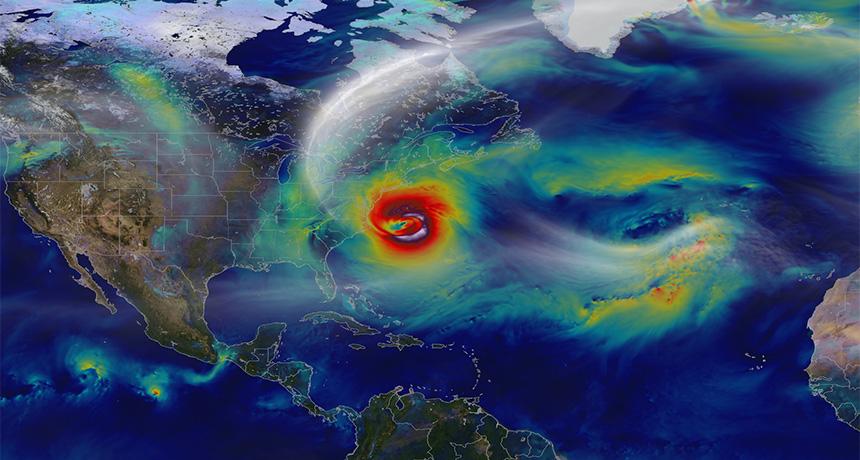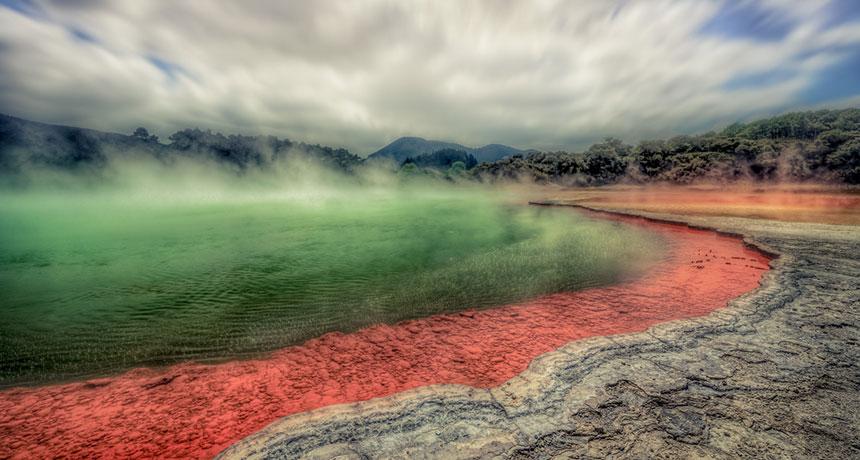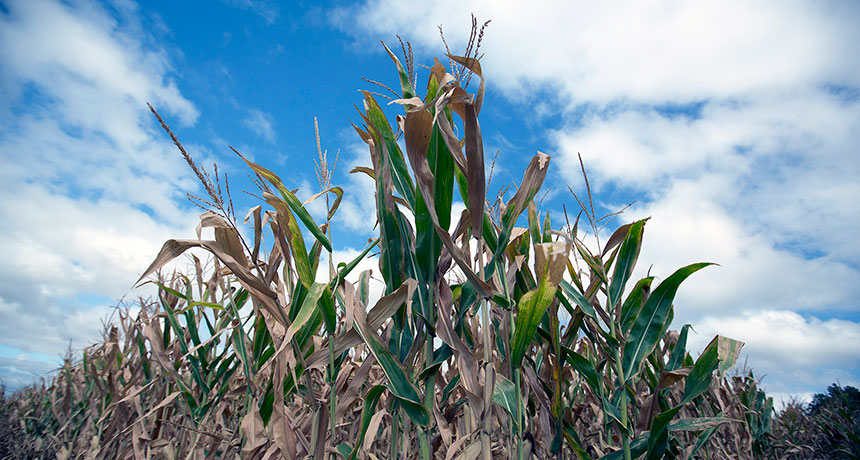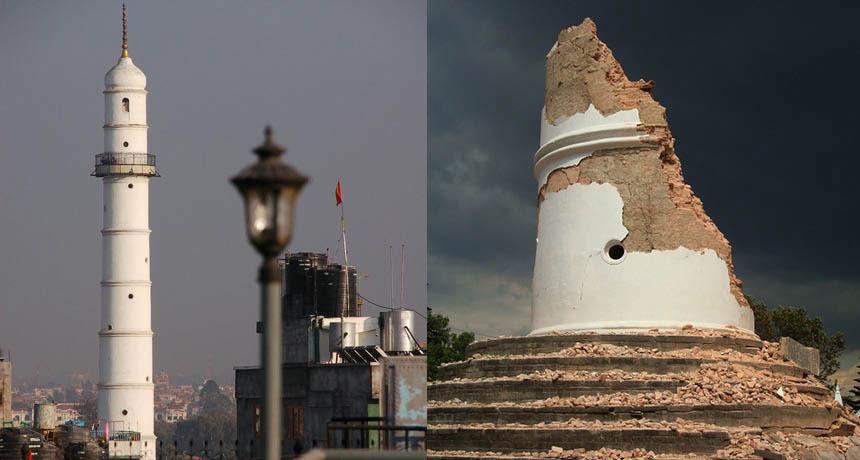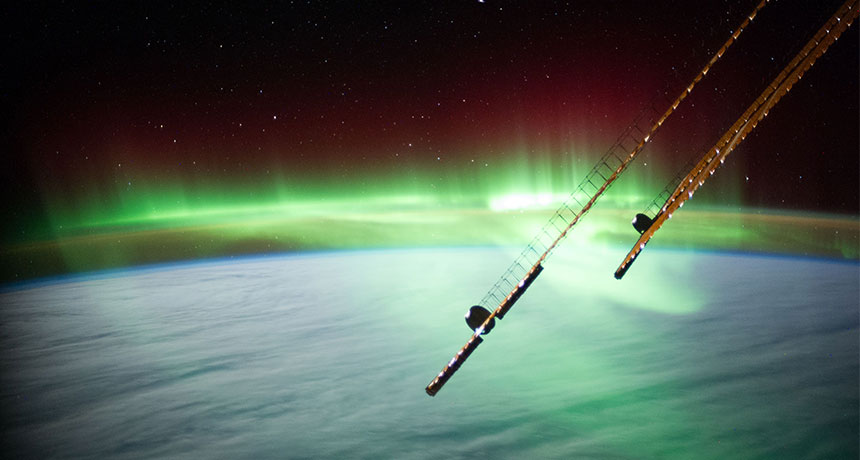
The sad magnetic state of the solar system’s rocky worlds
Science News, September 2015A powerful global magnetic field envelops Earth in a cozy blanket of protection against bursts of solar particles (see “The magnetic mystery at the center of the Earth“). But the solar system’s other rocky worlds aren’t so lucky.
